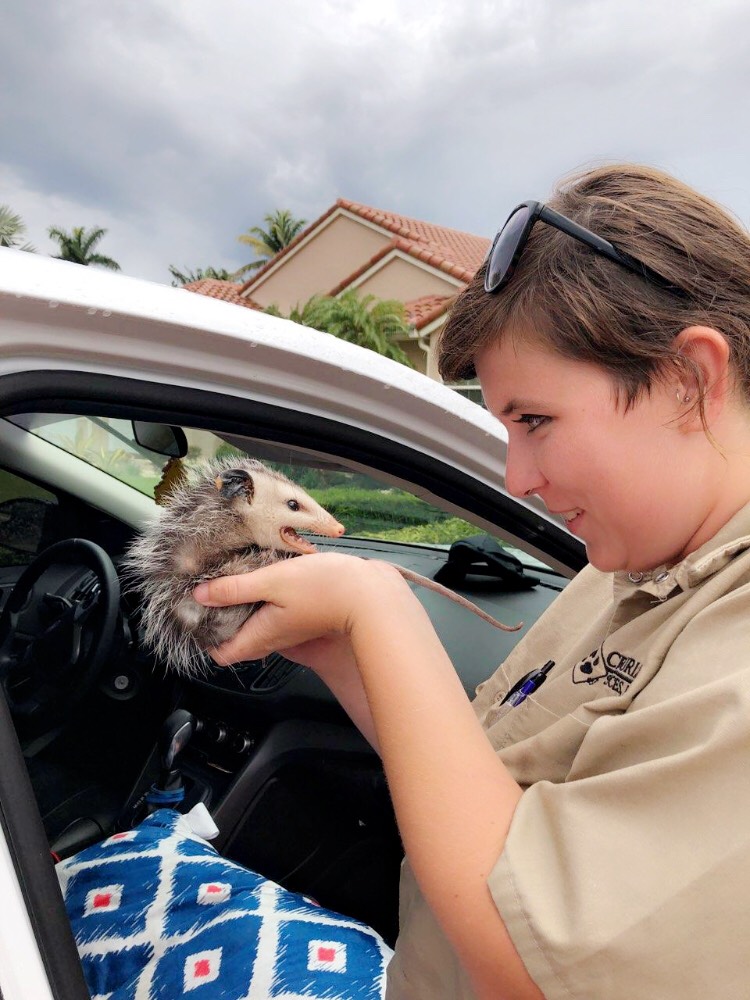
One of the distinctive elements of the armadillo as a species is the organic body temperature is truly a fair bit lower than that of most other animal species, and because of this the amount of diseases they can carry are really quite low. However, the other element to keep in mind is that those diseases that are carried by armadillos are rather serious, so you need to take care when dealing with one of these creatures and keep any contact with the armadillo to a minimum.
Leprosy: Also called Hansen's Disease, there are comparatively few species which have a body temperature low enough to play host to the illness, but there have been several cases where this disease was passed on to individuals
Rabies: Even though the great majority of the armadillos don't carry the rabies virus, a small proportion of the armadillo inhabitants do, and this is a disease that can only be transmitted via a scratch or a bite from the creature. Armadillos are typically very cautious around people, so in the event you encounter armadillos that aren't too shy, or are overly active throughout the day, then you might want to put up with the possibility of rabies in your mind.

Salmonella: The actual problem with salmonella is the impact it may have on people, as it may result in significant symptoms such as significant diarrhea and nausea, and if it infects young children, older people or people with a vulnerable immune system, then it may be deadly in some instances.
Tapeworms: Although not a disorder but a parasite, pets and those who come into contact with armadillo stool can host tapeworms, which are normally transmitted as eggs, which will then develop within the gut of the individual or animal. These parasites will then siphon the food of the animal or person which makes it to the gut, meaning that individuals who do have flatworms can find themselves losing weight or with intestinal problems, while those flatworms will subsequently also lay their own legs, which is transmitted through the stool of the new bunch.